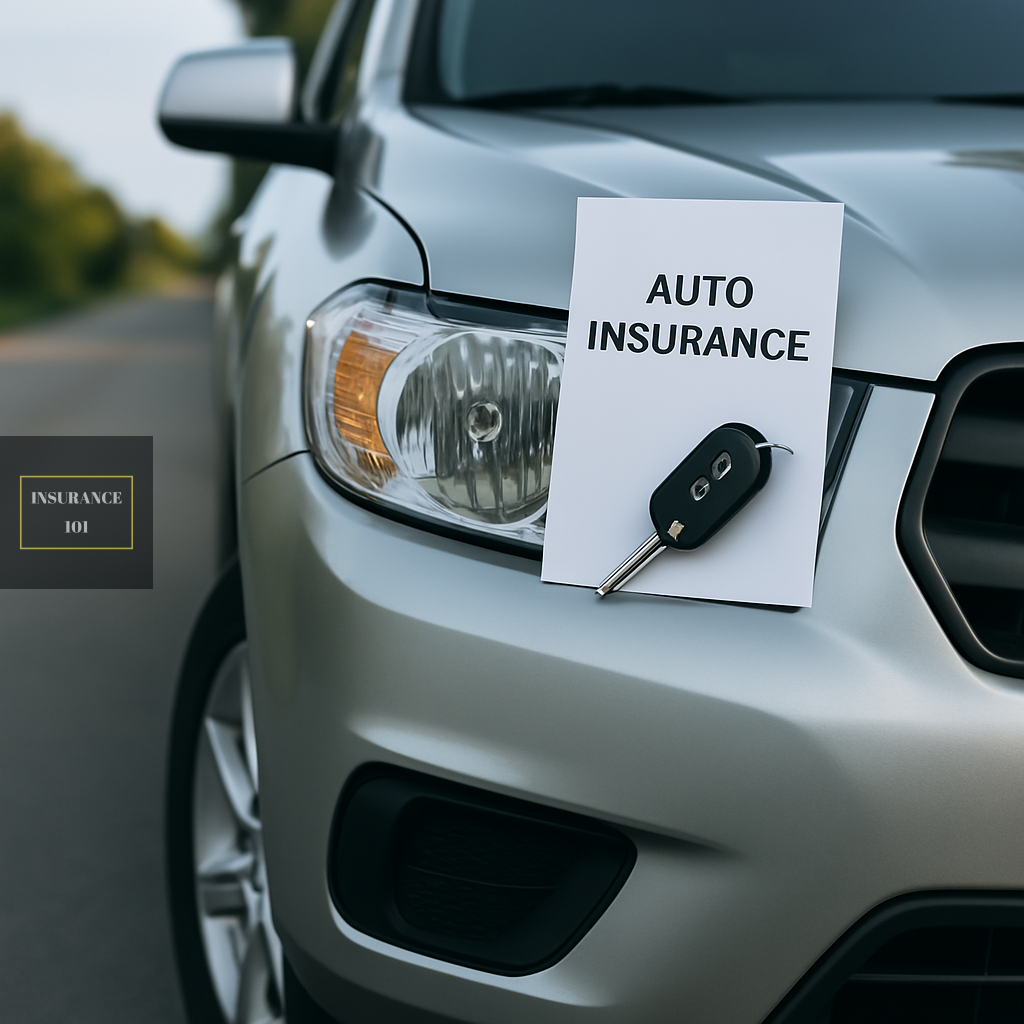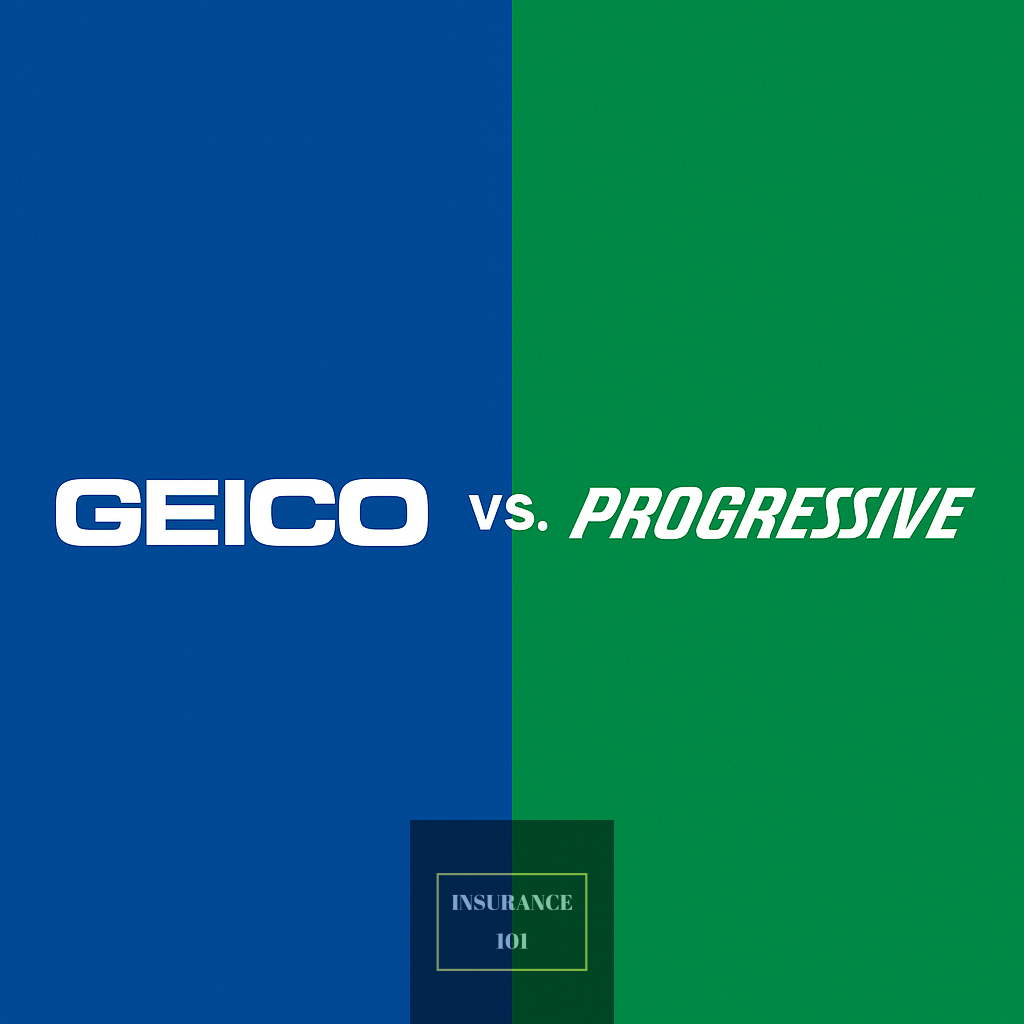Reasons for the Increase in Your Car Insurance Premium and Potential Solutions
Despite years of safe driving, your auto insurance rate has increased once more. Does this resonate with you?
For millions of drivers worldwide, managing the continually increasing expense of auto insurance has become an annual source of frustration. Contemporary premiums are shaped by elements such as inflation, improved vehicle technologies, climate-related losses, and evolving risk models, extending beyond mere driving history.
However, the positive aspect is that you possess agency. By employing appropriate information and approach, one can proactively diminish insurance prices without compromising critical coverage.
This Comprehensive Guide Will Examine:
- Essential terminology and the methodology insurers employ to determine premiums
- Ten techniques to reduce your automobile insurance premiums
- Practical illustrations and financial savings statistics
- Expert analysis from international insurance authorities
- Historical and anticipated industry trends
- Glossary, hyperlinks, and downloadable materials
With over 20 years of practical experience in global insurance markets, I have observed both the pitfalls consumers encounter and the astute strategies that result in significant savings. Regardless matter whether you are a student, a family driver, or a fleet manager, these recommendations will assist you in making informed, sustainable decisions.
Let us commence.
Factors Affecting Your Car Insurance Premium in 2025
Prior to exploring cost-reduction strategies, it is crucial to comprehend the determinants of your auto insurance quotation. Insurers employ intricate risk models predicated on:
| Factor | Explanation |
|---|---|
| Driver Profile | Age, gender, credit score, driving history |
| Location | Urban areas = higher risk; rural = lower premiums |
| Vehicle Type | Make, model, safety ratings, engine power, and repair cost |
| Usage Pattern | How often and how far you drive (commuting vs. recreational) |
| Coverage Level | Higher deductibles lower premiums but increase out-of-pocket costs |
| Claims History | Prior accidents, even minor ones, can significantly increase premiums |
| Telematics Data | Monitored driving behavior (speeding, braking, acceleration, etc.) |
Ten Established Methods to Reduce Your Automobile Insurance Premium in 2025
1. Consistently Compare Quotes Utilizing Credible Tools
Comparing options is the most efficient method to reduce auto insurance costs.
A 2024 study by The Zebra revealed that policyholders who evaluated quotes from a minimum of three providers saved an average of $478 per year.
Utilize reputable aggregators such as:
- Compare.com
- NerdWallet Automobile Insurance
- Comparative tools from your nation’s consumer protection agency
Recommendation: Obtain new quotations 45 to 60 days prior to your renewal. Certain insurers incentivize early purchasers with reduced premiums.
2. Consolidated Policies for Optimal Discounts
Integrating your auto insurance with homeowners, renters, or life insurance may yield bundling discounts of up to 25%, as stated by Progressive.
“By consolidating my auto and renters’ insurance with one provider, my annual premium decreased by $312,” states Maria Lopez, a data analyst based in Austin, Texas, whom we interviewed for this article.
This is referred to as a multi-line discount and is frequently accessible even when the policies renew at varying intervals.
3. Elevate Your Deductible (However, Exercise Caution)
Increasing your deductible from $500 to $1,000 may reduce your rate by 15–30%.
Ensure you possess emergency savings to cover the deductible in the event of an accident. A useful guideline:
Premium Savings (%) = (Old Premium - New Premium) / Old Premium * 100
| Credit Tier | Average Annual Premium (2024, US) |
|---|---|
| Excellent (750–850) | $1,275 |
| Good (700–749) | $1,530 |
| Fair (650–699) | $1,870 |
| Poor (<650) | $2,400+ |
4. Implement Telematics or Usage-Based Insurance (UBI)
Numerous insurers currently provide pay-as-you-drive schemes that incentivize responsible driving behavior.
Devices or smartphone applications monitor:
- Patterns of acceleration and deceleration
- Utilization of mobile devices during vehicular operation
- Velocity versus designated limits
- Mileage
Potential UBI Savings
Up to 40% for prudent drivers
Prominent Programs
- Snapshot by Progressive
- Drivewise by Allstate
- SmartRide offered by Nationwide
5. Eliminate Superfluous Coverage on Aged Vehicles
If the actual cash value (ACV) of your vehicle is minimal, maintaining comprehensive and collision coverage may be unjustifiable.
Equation
If the annual premium for coverage exceeds 10% of the actual cash value, consider discontinuing it.
Valuation Resources
Utilize resources such as Kelley Blue Book to ascertain the value of your automobile.
6. Enhance Your Credit Rating
In numerous areas, including the majority of U.S. states, your credit score influences your insurance premium. Insurers perceive lower scores as a higher risk.
7. Remit Your Premium Annually
Monthly payments frequently encompass administrative charges. Paying the entire payment year may yield a savings of 5–10%.
Recommendation: Request a cost analysis from your insurance comparing annual and monthly expenses to facilitate an informed selection.
8. Inquire About Discounts (Including the Apparent Ones)
Numerous policyholders forfeit potential benefits by failing to inquire. Possible discounts encompass:
- Minimal mileage (<8,000 miles year)
- Defensive driving program
- Military or veteran designation
- Student with exceptional academic performance
- Anti-theft mechanisms or dashboard cameras
- Digital invoicing
9. Conduct an Annual Review of Your Coverage
As your life evolves, so too should your insurance coverage.
For instance, if you are now telecommuting, you are reducing your drive frequency. Alternatively, your adolescent may have recently acquired their own insurance policy.
Evaluate your:
- Distance traveled
- Automobile utilization
- Policy Drivers
- Supplementary coverages such as roadside assistance or rental reimbursement
10. Relocate (If It Is Financially Justifiable)
The geographical location is a significant determinant on automobile insurance premiums.
Bankrate reports that the disparity between the least expensive and most costly U.S. states in 2024 exceeded $2,000 annually.
Relocating to a different zip code within the same city can result in varying rates influenced by crime statistics, accident frequencies, and repair expenses.
Global Trends Influencing Auto Insurance Premiums in 2025
| Trend | Impact on Premiums |
|---|---|
| Rise of electric vehicles (EVs) | Higher repair costs = higher premiums |
| Climate change-related disasters | Increases in comprehensive coverage claims |
| AI-based underwriting | More personalized pricing, but also new risk models |
| Autonomous vehicles (AVs) | Still experimental; potential long-term premium reductions |
| Regulatory reforms | Some countries are moving to cap premium increases |
Case Study: An Engineer in Nairobi Reduced Her Premium by 38%
Jane Muthoni, a 34-year-old systems engineer residing in Nairobi, Kenya, was incurring an annual expense of KES 98,000 for her Toyota Prado. Upon examining her coverage utilizing insights from Insurance-101.com, she:
- Installed a dashboard camera (5% discount)
- Increased her deductible from KES 20,000 to KES 50,000, resulting in a 13% reduction.
- Transitioned to a digital-first insurance provider, resulting in a 20% reduction.
- Completed a defensive driving course (extra 5% discount)
New Premium: KES 60,760 – an annual savings of KES 37,240
Terminology
- Actual Cash Worth (ACV): The market worth of your vehicle subsequent to depreciation.
- Deductible: The sum you pay from your own funds prior to the activation of insurance coverage.
- Premium: The sum remitted for insurance protection, either monthly or annually.
- Telematics: A technology employed to assess driving behavior for the purpose of determining insurance premiums.
- Underwriting: The procedure employed by insurers to evaluate risk and determine rates.
- Bundling: Acquiring several policies from a single insurer to obtain a discount.
- Liability Coverage: Provides protection for damages or injuries inflicted upon others in the event of an accident.
- Collision Coverage: Compensates for damage to your vehicle resulting from an accident, irrespective of liability.
- Comprehensive Coverage: Encompasses damage not resulting from collisions (e.g., theft, meteorological events).
- Multi-line Discount: A premium decrease for purchasing various lines of insurance.
Concluding Remarks: You Hold Authority Over Your Premiums
In an environment where insurance expenses appear to escalate unpredictably, information becomes your most valuable resource. By comprehending the principles of pricing and actively implementing the tactics detailed in this guide, you may regain control over your auto insurance expenses.
For further skillfully crafted tutorials on automobile, health, life, and business insurance, see our expanding resource hub at Insurance-101.com.
Discover more from INSURANCE 101
Subscribe to get the latest posts sent to your email.




5 thoughts on “Methods to Reduce Your Car Insurance Premiums”